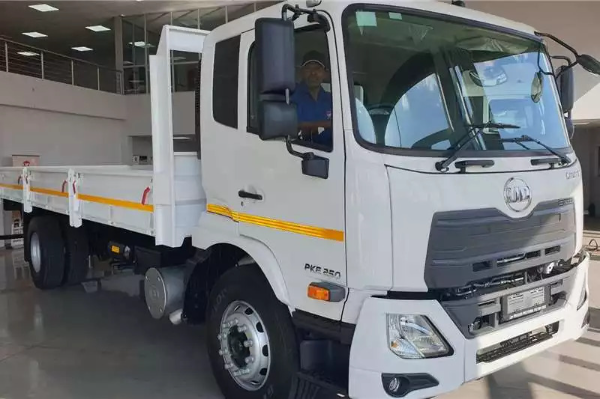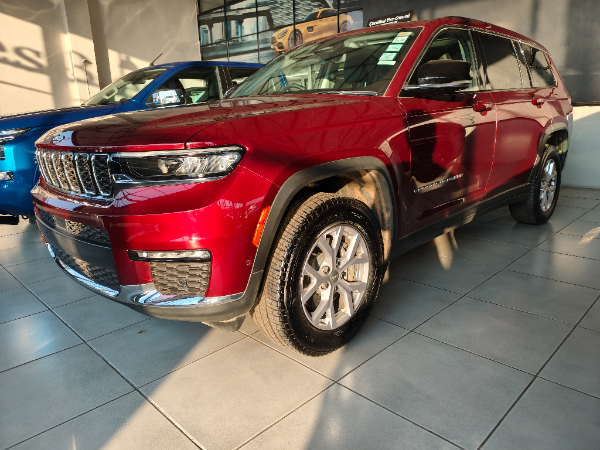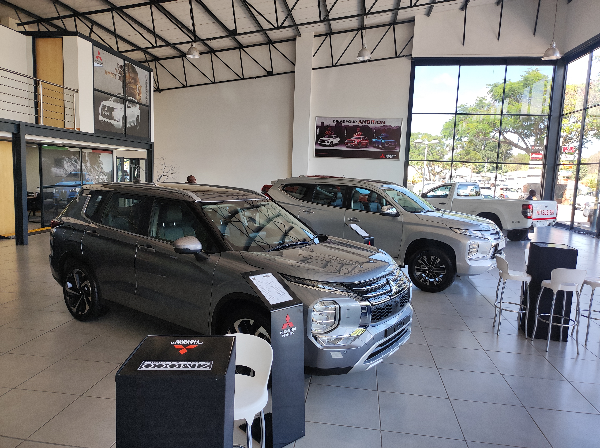Africa: AfCFTA: Fuel Quality and Automotive Policies Needed to Support the African Automotive Industry
We currently have outdated vehicles and poor fuel. The combination backfires. It spreads illness due to pollution. Our suppliers do not give us new cars because they need better fuel than we do.
Although it is anticipated that the African Continental Free Trade Agreement (AfCFTA) will strengthen the continent's automobile sector, analysts contend that low fuel quality and a lack of car policies continue to hamper the lofty objective.
According to Martina Biene, Chairperson and Managing Director of Volkswagen Group South Africa, many African nations use poor fuel quality for a variety of reasons, making it challenging to introduce any new vehicle onto the market because doing so would harm not only the car but also the environment and the health of the populace.
"As soon as countries transition to higher emission standards—many of which are now at the Euro 3 level—doing so reduces carbon emissions. Improved technology—which ultimately translates to improved gasoline quality—comes with tougher pollution standards," she noted.
According to Biene, nations with their own oil refineries must make expensive investments to raise the quality of their fuel. As an alternative, nations that import their fuel could choose the location and type of fuel they buy.
For instance, the EU3 gasoline level is used in the four Volkswagen models, the Virtus, Tiguan, T-cross, and Teramont, that are built in Rwanda. However, the market needs to switch to the EU4 fuel level in order to take advantage of higher product availability.
In light of the fact that having cleaner fuels is primarily for the benefit of people and the environment, Biene claimed that she recently addressed solutions to this problem with President Paul Kagame of Rwanda. DRIVEtorque cannot wait for the day VW Africa will have meetings with the Zimbabwean government as well.
Experts contend that while the AfCFTA develops, it is critical for the auto industry to grow through nation-specific auto policies, such as auto pacts or bilateral agreements between particular countries.
AfCFTA realization would provide a market for approximately five million automobiles produced on the continent annually by 2035, according to Dave Coffey, CEO of the African Association of Automotive Manufacturers (AAAM), a pan-African private sector automotive association.
Up until 2027, North Africa and sub-Saharan Africa are expected to increase. However, when we start talking about 2035, the majority of growth will originate from these areas. Therefore, we must cooperate with those markets that are interested in growing and joining the value chain, he said.
The AfCFTA auto sector negotiations call for 40% rules of origin, which means that automobiles made on the continent will have 40% local value addition.
Being a VW SKD (Semi-Knock Down) assembly facility enables Rwanda to gradually build its own automotive sector by acquiring cutting-edge tools and knowledge. 534 passenger cars are anticipated to be produced by the assembly in 2023, 581 in 2024, and 637 in 2025.
DRIVEtorque wonders how Zimbabwe can benefit from being South Africa’s neighbor when it comes to vehicle assembly. Surely it cannot be a curse to be neighbors.
Volkswagen Mobility Solutions provides three services in Rwanda: corporate car sharing, app-based ride-hailing, and 400-car airport shuttle services. Additionally, Biene declared that they will submit a bid to provide shuttle services at the brand-new airport being built in the Bugesera District.
Additionally, VW and Rwanda's agriculture ministry recently agreed to collaborate on the Green Farm initiative, which will employ electric tractors and scooters to increase agricultural output in a sustainable way while enhancing community livelihoods.
If the experiment is successful, it will be expanded to include more nations on the continent.
Curse of used cars throughout the continent
Importing old cars lessens the chance of selling new cars and eliminates the market for locally produced used cars on the African continent. Used cars make up at least 77% of light vehicles imported into the East African Community. Zimbabwe imports more than 20,000 used cars a year.
Biene pointed out that for the continent's auto industry to thrive, there must be a greater demand for new vehicles, which would be encouraged by a ban on new vehicle imports. A used automobile industry should thus be established in Africa since, if new cars are produced or sold, they will soon be considered used by buyers. The same thing VW does in Rwanda, where it sells its cars for half off after two years of use across all of its mobility services, is done here.








